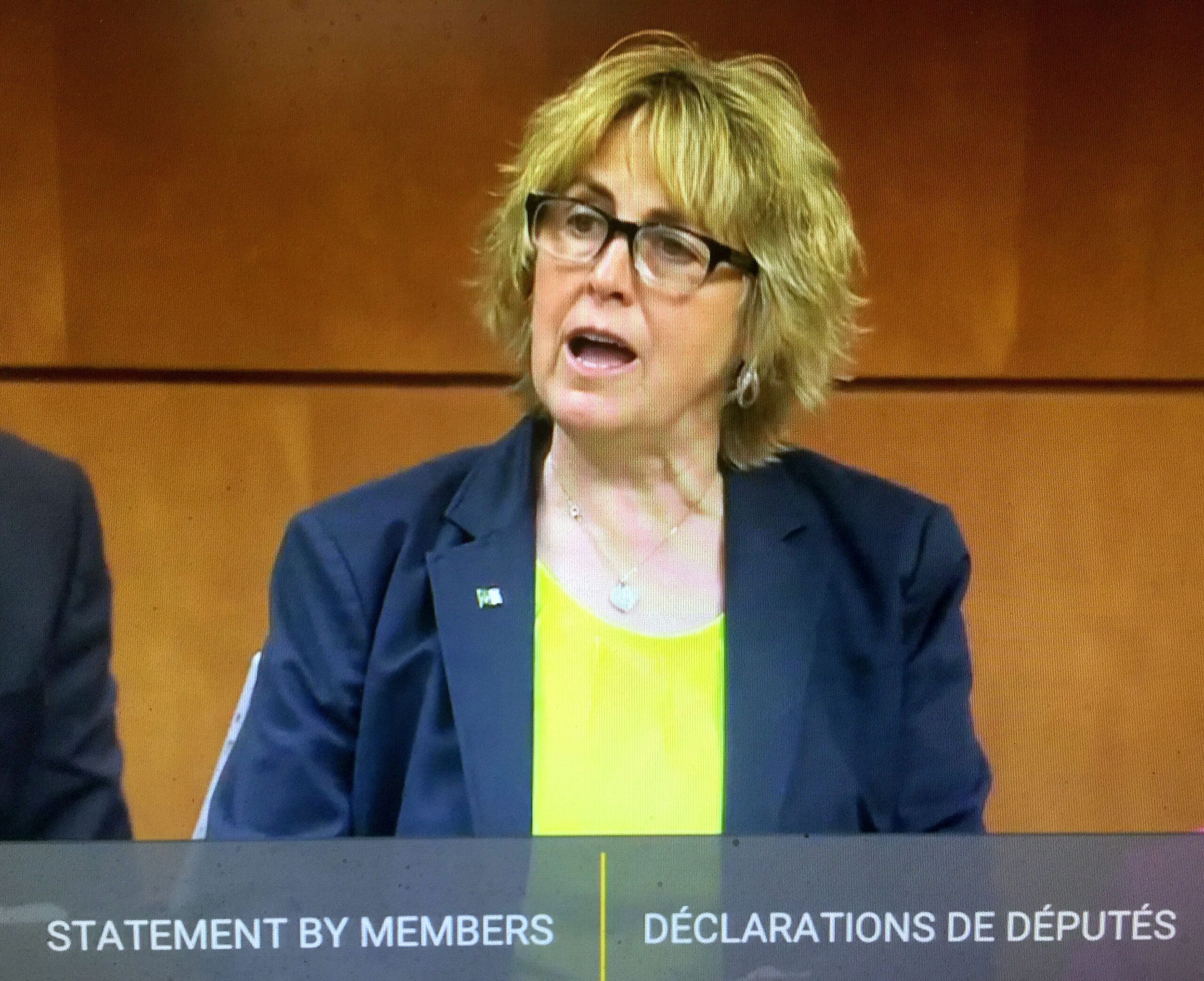During the 2019 election, the Liberals put forward a commitment to plant two billion trees across the country by 2030 as one prong to counter the effects of climate change. The idea is that, by planting more trees across the country, Canada can better manage its net-zero carbon commitments, restore nature and biodiversity, improve water and air quality, and the myriad of other benefits increased tree growth provides. A year later, the government put forward both a plan and a financial commitment to do just that, with $3.2 billion earmarked in the 2020 fall economic statement for the 2 Billion Trees (2BT) program.
How’s that program going? Not well, according to Environment Commissioner Jerry DeMarco. In an audit conducted by the commissioner’s office, his office found that the government was nearly on track to meet its first-year target goal to plant 30 million trees in 2021. However, come the end of 2022, the Commissioner noted that the government, in a best-case scenario, would reach only 2.3% of their intended goal, estimating that only 16.5 million trees would have been planted that year. His audit further noted that the government had signed agreements so far that would plant only 76.2 million trees by 2030, which would put the government slightly under four percent of their total goal of planting 2 billion trees.
It’s somewhat understandable that such a program, a clearly massive undertaking, would take some time to get off the ground. Tree planting is a complicated process, and in order to make this commitment work, it would require a significant number of long-term deals with tree growing organizations, with enough time to ensure that seedlings are prepared and ready to plant. According to the report, in order for the government to achieve their stated goal, they would need to secure, at a minimum, an increased demand of 350 million seedlings per year. The process for growing seedlings is time consuming and, depending on the type of tree, can take anywhere from a few months to several years to grow before they are able to be planted. The audit notes that the government was in the process of negotiating agreements with tree-planting partners but has so far signed deals with only 23.
Partnerships with provincial and territorial governments, which would represent two-thirds of all trees planted under the federal government’s plan, have moved slowly. By last fall, only Manitoba, Prince Edward Island, Northwest Territories and Yukon had signed agreements in principle, while Nova Scotia, British Columbia and Alberta signed agreements in principle over the winter. Ontario has yet to ink a partnership on this, nor has Quebec, so they still need to finalize deals with the two most populous provinces.
The idea behind the program is sound. DeMarco himself has stated “I must stress how important it is that we do not give up and that we, instead, change course to successfully implement solutions such as the 2 Billion Trees Program and also work to get a full picture of how our forests affect greenhouse gas emissions.” He put forward a number of recommendations to fix the program, such as clearly documenting how the program will be operationalized to meet its planting goals and developing a long-term monitoring plan for how the program is affecting GHG emissions. While the government seemed responsive to his recommendations, time will tell if they will actually follow through.
This type of program can be a key tool to help address greenhouse gas emissions and restore biodiversity. But progress needs to be appropriately measured, targets must be met, and deals must be signed. Time is of the essence, and we must use every tool available to tackle climate change. Putting plans like the 2 Billion Trees program in a budget bill is a fine start, but the real work begins once the legislation has passed, and this is exactly where they dropped the ball. They must heed the Environment Commissioner’s advice now for the program to succeed.




